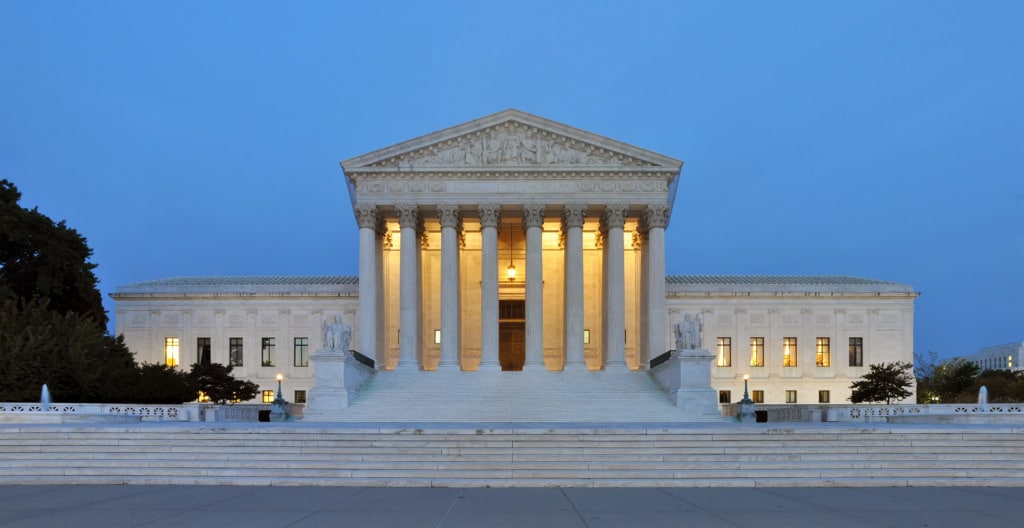Extraterritoriality refers to the application of a nation’s law to persons, conduct, or property outside its own territory. Customary international law allows nations to regulate extraterritorially on a number of different bases, including effects, nationality, and universal jurisdiction. Nations generally limit the extraterritorial application of their laws to a greater extent than customary international law requires. For example, the United States applies a presumption against extraterritoriality to federal law and sometimes imposes additional limitations as a matter of prescriptive comity. Some U.S. states have their own presumptions against extraterritoriality, which may differ from the federal presumption.
A Primer on Extraterritoriality
Extraterritoriality refers to the application of a state’s law beyond the state’s borders. Although the word “extraterritorial” often has negative connotations, international law permits a great deal of extraterritorial regulation. In a world where trade, information, crime, and lots of other things regularly cross borders, states often have an interest in regulating beyond the strict…
Continue ReadingState Presumptions Against Extraterritoriality Apply to State Statutes
At TLB, we write a lot about extraterritoriality in general and about the federal presumption against extraterritoriality in particular. For the last three decades, the federal presumption has been the principal tool that courts have used to determine the geographic scope of federal statutes. But what if the statute in question is a state statute?…
Continue ReadingDoes the Securities Exchange Act Apply to Short-Swing Profits Abroad?
Section 16(b) of the Securities Exchange Act requires statutory “insiders” of companies that are registered with the Securities Exchange Commission (SEC)—such as officers, directors, and certain beneficial owners—to disgorge profits from “short-swing” trading within a six-month period. It is a strict liability provision that does not depend on the insiders’ intent. On May 23, 2025,…
Continue ReadingHalkbank Files New Cert Petition
Halkbank, a Turkish state-owned bank accused of violating U.S. sanctions on Iran, filed a petition for certiorari last week seeking a second chance to convince the Supreme Court that it is immune from criminal prosecution in the United States. In its first trip to the Court, back in 2023, Halkbank argued that it was entitled…
Continue Reading

